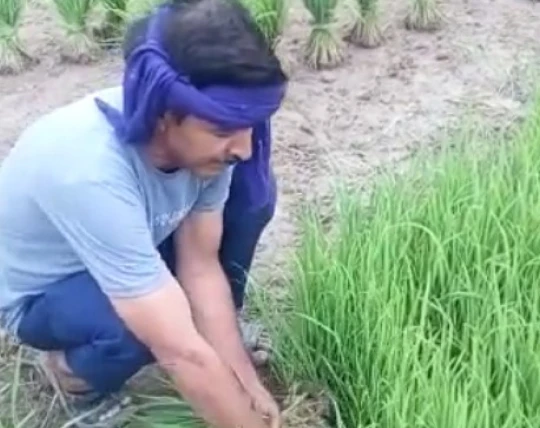Our farmers from Ramnagar cultivate a variety of organic and sustainably grown crops like Basmati, Soybean, Amaranth, and more which are then fine-graded and checked for quality assurance before distribution.


The Ramnagar project is situated in the Nainital district of Uttarakhand, India, in close proximity to Jim Corbett National Park, a renowned tourist destination and the oldest national park in the country. Ramnagar is often referred to as the “Gateway to Corbett,” and is recognized for its significant contribution to India’s tiger conservation initiative, Project Tiger. The project area boasts a diverse topography, featuring plains, foothills, and dense forests, and serves as a prime location for farming a wide variety of organic crops.
NBF’s Project Ramnagar
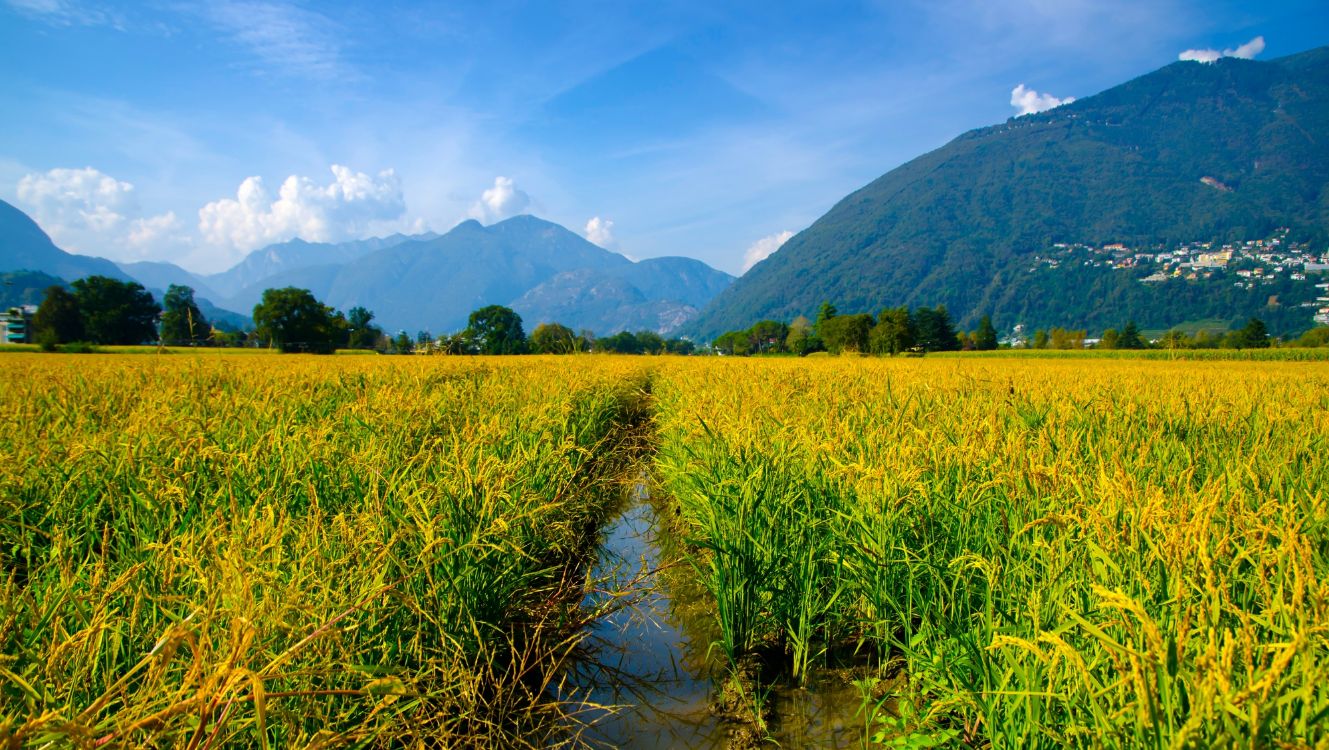

Location of the Project
The Ramnagar project is situated in close proximity to the picturesque city of Nainital, located in the northern region of the Indian state of Uttarakhand. Nainital is renowned for its scenic beauty and is a popular hill station.
Coordinates – The project’s precise coordinates are 29.3948° N and 79.1265° E.

Social Certification

Fairtrade Certified Ramnagar Project
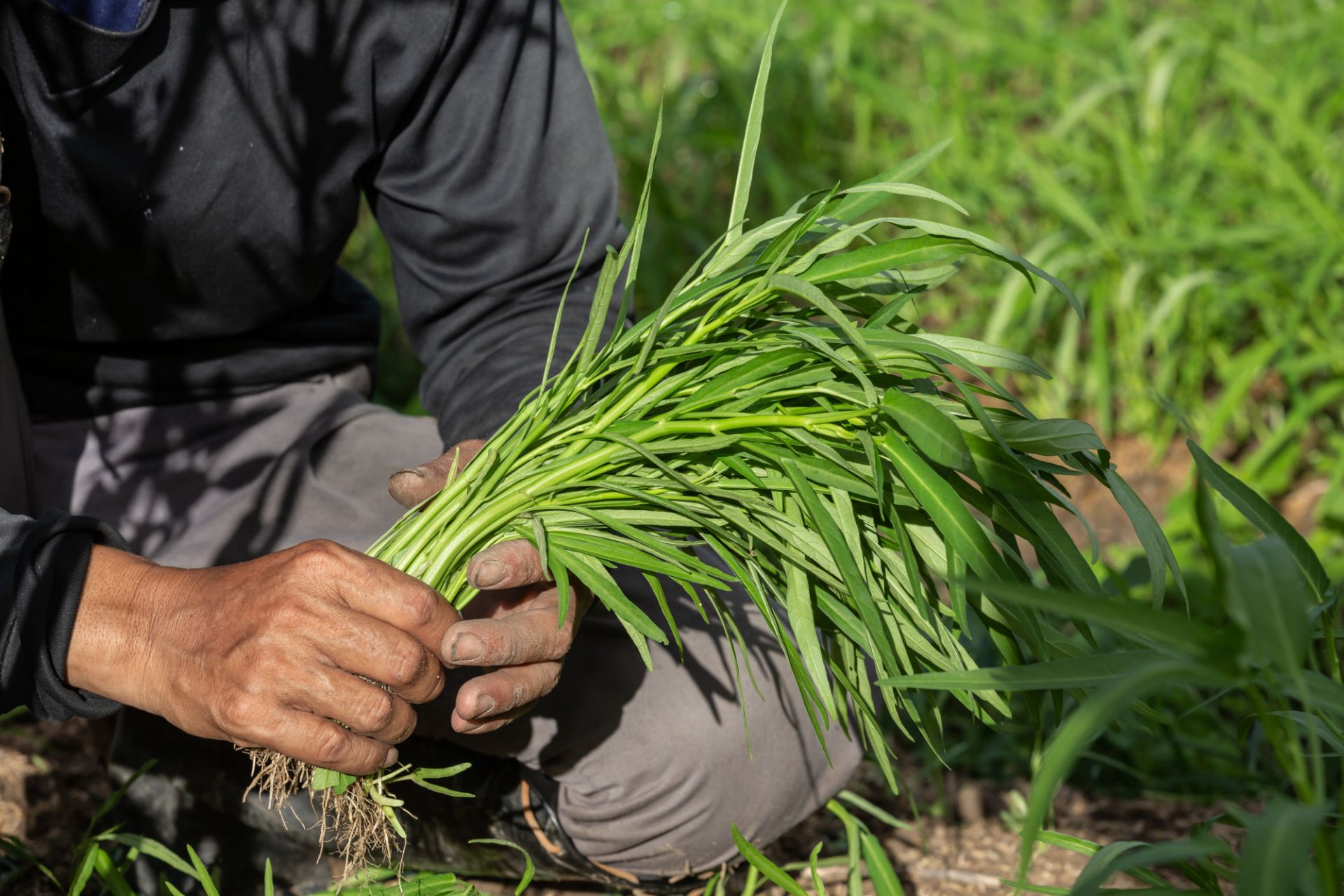
NBF complies with Fairtrade’s approach to enable farmers and workers to have more control over their lives and decide how to invest in their future. Our Ramnagar project aligns with Fairtrade’s approach to empowering farmers and workers to have greater control over their lives and invest in their future. We fully support Fairtrade’s standards and associated norms, and we’re proud to integrate them into our business practices.
When you see the FAIRTRADE Mark on our products, you can trust that we’ve met internationally agreed-upon standards that have been independently verified. At NBF, we prioritize fairness and ethical practices in all aspects of our business, and our commitment to Fairtrade is an essential part of that.
We believe in empowering farmers and workers at NBF, which is why they have a strong voice at every level of trade. From managing their farms to contributing to our discussion forums, we’re dedicated to providing an equal platform for everyone. Our adherence to Fairtrade’s principles is not just about compliance; it’s a core value that guides our business.
Fairtrade is more than just a certification at NBF; it’s a way of doing business that puts people first. We’ve followed Fairtrade practices and implemented measures that provide better prices and working conditions for farmers and workers. By doing so, we’re helping to create a fairer deal for those who work hard to produce our products.
Welfare Activities under Fairtrade in NBF Ramnagar Project
Welfare Activities under Fairtrade in NBF Ramnagar Project: The NBF Ramnagar Project is dedicated to promoting welfare activities under the Fairtrade initiative. Fairtrade is a global movement that seeks to ensure fair prices and better working conditions for farmers and workers in developing countries. In the Ramnagar Project, various welfare activities are carried out to improve the livelihoods of the local communities. These activities encompass a wide range of initiatives, including education, sustainable energy, agriculture, and safety.
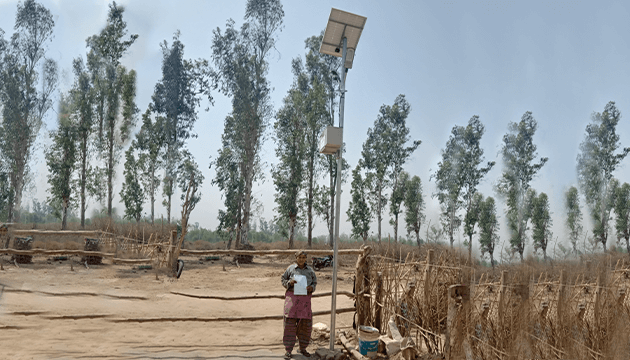
Illuminating Streets
500 Solar Street Lights: As part of the NBF Ramnagar Project’s commitment to sustainable development, 500 solar street lights have been installed throughout the region. These solar-powered lights illuminate the streets, providing a safe and well-lit environment for residents, commuters, and visitors alike. By utilizing renewable energy from the sun, these lights not only reduce the community’s carbon footprint but also ensure uninterrupted lighting even during power outages.
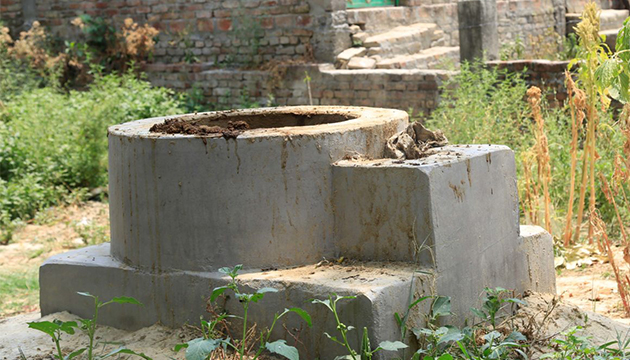
Biogas Units
1100 biogas units installed: In a significant effort to promote clean and renewable energy sources, the NBF Ramnagar Project has successfully installed 1100 biogas units in the area. These biogas units utilize organic waste from agricultural and household sources to produce biogas, a clean and eco-friendly alternative to conventional fuels. This initiative not only helps in reducing greenhouse gas emissions but also provides a sustainable energy solution to the local communities.
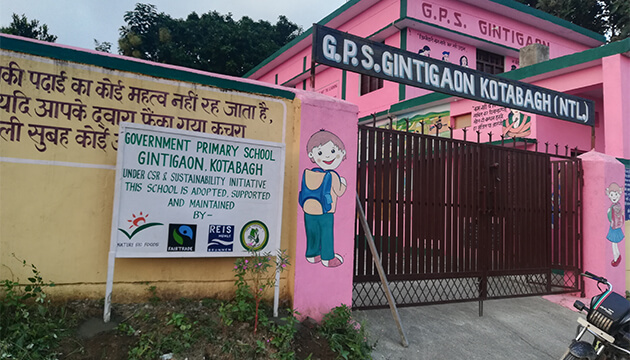
Fostering Educational Partnerships
School Adoption Programme: The NBF Ramnagar Project actively engages in fostering educational partnerships through its School Adoption Programme. Through this initiative, the project collaborates with local schools to support and enhance the educational experience of students. So far, a total of 5 schools have been adopted under this programme, benefitting 502 students in the Ramnagar region.
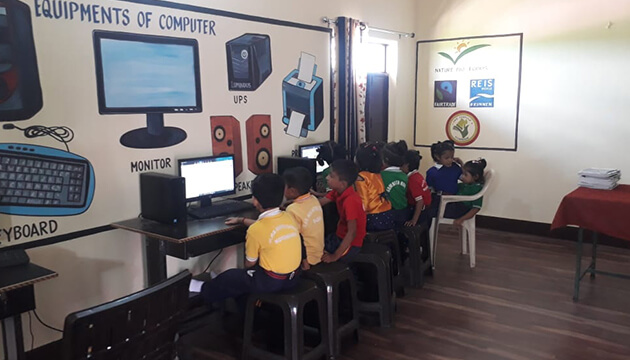
Computer Classroom Established
5 Computer Classrooms set up: As part of the School Adoption Programme, the NBF Ramnagar Project has established 5 computer classrooms in the adopted schools. These computer classrooms serve as centers for technological learning, providing students with access to modern computing resources and digital education. Each computer classroom is equipped with 23 computer units, supported by 5 inverters and 9 batteries to ensure uninterrupted power supply.
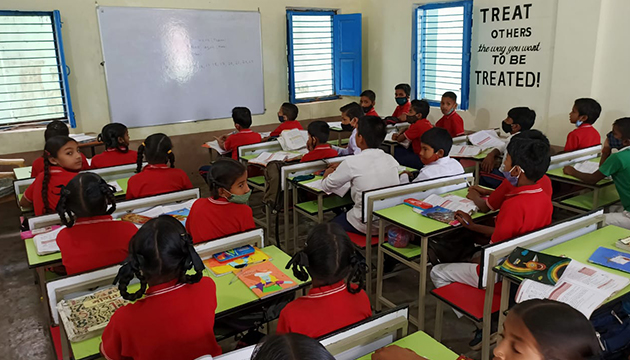
Furniture Support
To facilitate a conducive learning environment, the NBF Ramnagar Project extends furniture support to the adopted schools. A total of 65 sets of desks and benches have been provided, ensuring comfortable seating arrangements for students during their academic activities. Additionally, 23 computer tables and 69 stools have been supplied to furnish the computer classrooms.
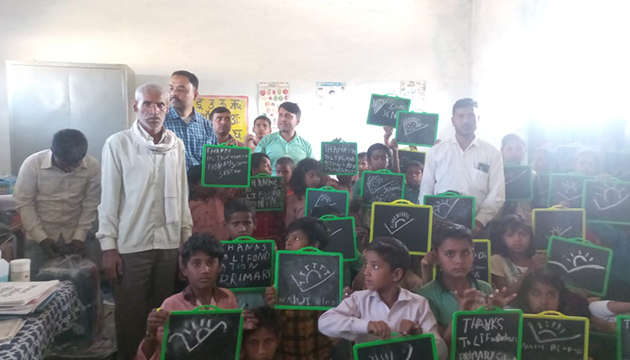
Computer Teachers Appointed
5 Computer Teachers hired: To enhance digital literacy and computer education, the NBF Ramnagar Project has appointed 5 computer teachers to guide and train students in the computer classrooms. These qualified educators play a crucial role in equipping students with essential computer skills, empowering them for a technology-driven future.
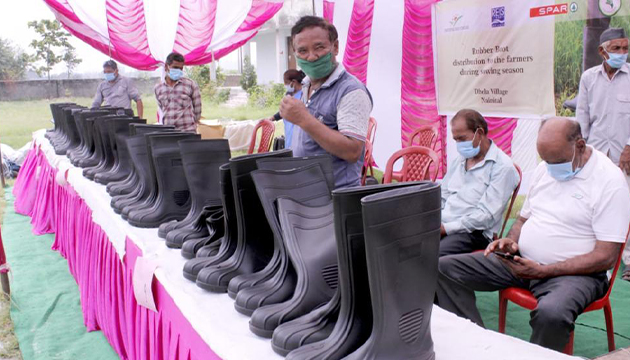
Safety Equipment Distribution
Spray Pumps & Boots: The NBF Ramnagar Project focuses on ensuring the safety and wellbeing of local farmers. As part of this commitment, the project distributes essential safety equipment such as spray pumps and boots. These items protect farmers from potential hazards during agricultural activities, promoting safe and sustainable farming practices.
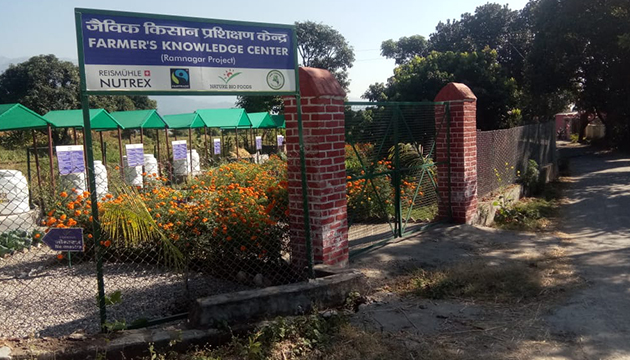
Farmer Knowledge Centre
Advancing Organic Education: The Farmer Knowledge Centre is an essential component of the NBF Ramnagar Project. This center serves as a hub for disseminating information and knowledge related to organic farming practices. Through workshops, training sessions, and demonstrations, local farmers gain valuable insights into sustainable agricultural methods, contributing to the growth of organic farming in the region.
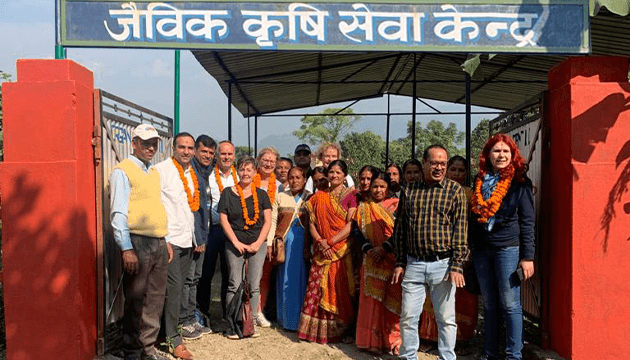
OASC – Customs Hiring Centre
The NBF Ramnagar Project has established the OASC (Organic Agriculture Service Center) – Customs Hiring Centre. This center aims to provide support and services to farmers engaged in organic agriculture. It offers various resources, expertise, and equipment that farmers can access to improve their agricultural practices and promote organic cultivation in the region.
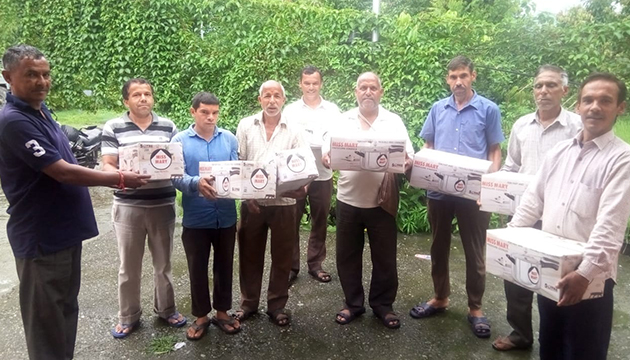
4000 Energy Efficient Stoves
The NBF Ramnagar Project has taken a step towards energy conservation by distributing 4000 energy-efficient stoves. These stoves are a part of their commitment to promoting sustainability and reducing energy consumption. With this initiative, the project aims to encourage the use of eco-friendly appliances while positively impacting the community’s energy consumption patterns. The distribution of these stoves will contribute significantly to the project’s overall goal of promoting a greener and more sustainable environment.
Case Study – Ramnagar
Succes Story of School Adoption Programme
Government Public School, Gintigaon ( Ramnagar Project)
Ramnagar Project Certified Biosuisse and Naturland

Nature Bio Foods (NBF) is committed to promoting organic farming practices that benefit both farmers and the environment. In our project in Ramnagar, we enable Biosuisse Organic by providing farmers with the necessary knowledge, training, and resources to comply with Biosuisse’s rigorous organic farming standards. We work closely with farmers to implement organic farming techniques that promote soil health, conserve biodiversity, and reduce the use of synthetic inputs. By enabling Biosuisse Organic, we help farmers in Ramnagar to cultivate high-quality, organic produce that meets the demands of consumers who value healthy, sustainable food options.

Naturland — Nature Bio Foods’ Ramnagar project proudly holds Naturland certification, strengthening the commitment to organic agriculture and fostering the prosperity of smallholder farmers. Naturland certification is attainable even for low-acreage farmers, and they work with producer associations that incorporate numerous individual producers. By working with Naturland, NBF is enabling smallholder farmers to adopt sustainable and organic farming practices while gaining access to premium markets for their produce. NBF’s partnership with Naturland not only benefits the environment but also supports the livelihoods of smallholder farmers. By promoting sustainable and organic agriculture, NBF is helping to increase the income and resilience of farmers, while also contributing to global efforts towards a more sustainable food system.
Organic Farms of Ramnagar, Uttarakhand
Ramnagar is a town situated at an average elevation of approximately 345 meters (1,132 feet) on the banks of the Kosi river, nestled at the foothills of the Himalayas. The town is a popular tourist destination due to its strategic location near the Corbett National Park, as well as its proximity to Nainital, a famous hill station in Northern India. The Kosi Barrage located in Ramnagar attracts many migratory birds during the winter season.
The Corbett National Park in Ramnagar is home to a variety of distinct habitats, including mountains, Sal forests, grasslands, khair-sissoo forests, and rivers. The park boasts a rich flora with more than 600 species of trees, shrubs, herbs, bamboos, grasses, climbers, and ferns identified to date. Sal, Sissoo, and Khair are the most commonly found trees in Corbett, while other species contribute to the park’s biodiversity. Chir Pine is the only conifer in the park, growing on ridge-tops, while the upper reaches near Kanda ridge are home to Himalayan species such as Oak. Other significant tree species found in the park include Bel, Kusum, Mahua, and Bakli.
Agricultural Characteristics
Soil Profile

The soil is fertile but acidic in nature with Loam to Sandy Loam, friable and susceptible to erosion, being on sloppy terrains. The soils have developed from rocks like granite, schist, gneiss, limestone, phyllites, shales, slate, sandstone etc. under a cool and moist climate.

Sandy Loam Soil: The sandy loam soil in the region is fertile but acidic, with a texture ranging from loam to sandy loam. It is easily crumbled and prone to erosion, particularly on sloping terrains. The soil formation is influenced by various rock types such as granite, schist, gneiss, limestone, phyllites, shales, slate, and sandstone, and it has developed under a cool and moist climate.

Loam Soil: The loam soil in the area is fertile and acidic, characterized by a balanced mixture of sand, silt, and clay particles. It has a friable texture and is susceptible to erosion, especially on sloping terrains. The formation of this soil type is associated with diverse rock compositions, including granite, schist, gneiss, limestone, phyllites, shales, slate, and sandstone, and it has evolved under a cool and moist climate.
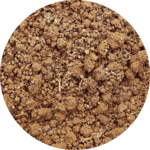
Friable Soil: The friable soil in the region is fertile and acidic, exhibiting a crumbly texture that allows for easy cultivation. It is susceptible to erosion, particularly on sloping terrains. This soil type has originated from a variety of rock formations like granite, schist, gneiss, limestone, phyllites, shales, slate, and sandstone, and its formation has been influenced by a cool and moist climate.
Climate Condition
The climate of the project area exhibits temperate characteristics with distinct seasonal variations in temperature and is influenced by tropical monsoons. The coldest month is January, with daily temperatures typically hovering around freezing, while the hottest months are May through July. Of these, May is the warmest month, with daily temperatures typically ranging from 27 C to 38 C. The region experiences a monsoonal climate, with an average annual rainfall of 1606 mm. However, the rainfall pattern can be erratic in certain areas. The southwest monsoon is responsible for the majority of the annual precipitation, which typically occurs from July to September.
Temp.
Minimum

4 °C
(Dec-Jan)
Maximum

38 °C
(May-June)
Humidity
Minimum

44 %
(Dec-Jan)
Maximum

87 %
(May-June)
Rainfall
Average Rainfall

800-1000 mm
Seasons
There are mainly three seasons.

Summer
(Mar-June)

Rainy
(July-Sep)

Winter
(Oct-Feb)
Farm Water Availability
The farms primarily rely on rainwater for irrigation. In addition, there are seasonal water streams and sub-channels, locally known as “Gools,” that provide water to the farms during specific periods.
Nature of Farmers
The farmers in the region are hardworking, cooperative and readily offer assistance to each other. The majority of farm holdings, over 80%, are less than 2 hectares in size, with many categorized as small and marginal, even less than a hectare. Farming is often carried out collectively, through a practice commonly known as the “Palta” system. Under this system, all members of the household work together in transplanting paddy crops in the fields, taking turns to work on each other’s farms.

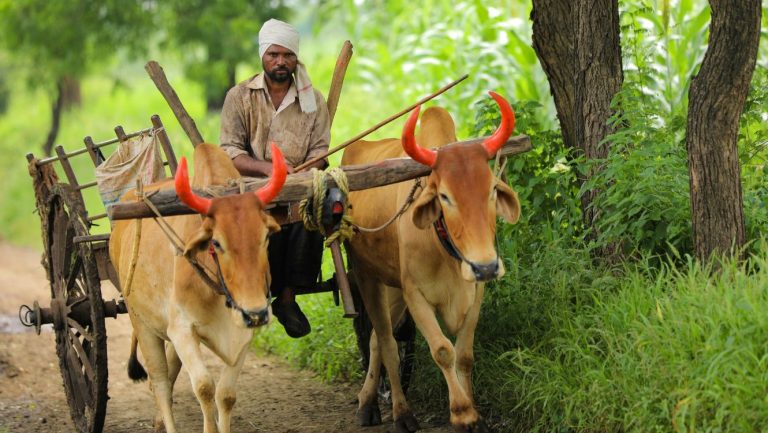

Growing Conditions
The growing conditions in the Ramangar is ideal for most Kharif and Rabi crops, particularly Basmati and Lentil. The local farmers in this area are mainly small and marginal, residing in the foothills and hills with varying topography. They rely heavily on natural resources and traditional farming methods, with animal-powered cultivation practices being prevalent in hilly regions. Chemical fertilizers and pesticides are not used, resulting in high soil fertility levels. The primary crop season is Kharif, which takes place during the rainy season. To maintain traditional organic farming methods, families use cattle to plow fields and employ manure as fertilizer. Agricultural work typically begins in mid-June and continues throughout the season. The Rabi season, which takes place during winters, marks the second crop season. The area is highly conducive to growing cereals, pulses, millets, superfoods, spices, and medicinal and aromatic plants. The region’s plant produce derives its natural taste and texture from the spring water that feeds the area. Because the farms are located remotely, they are relatively free of chemical inputs.
Crop Details
The selection of crops depends on several factors, such as climate, soil fertility, topography, and water availability. Kharif crops are typically grown during the monsoon season, while Rabi crops are grown during winters. The use of organic farming techniques is also prevalent in many regions, emphasizing the use of natural resources and traditional cultivation methods. Common organic crops grown in the region include cereals, pulses, millets, superfoods, spices, medicinal, and aromatic plants. Crop details of a region play a crucial role in determining the overall agricultural productivity and success of farming practices.
Kharif
- Basmati
- Soyabean
- Amaranth
- Finger Millet
- Chilli
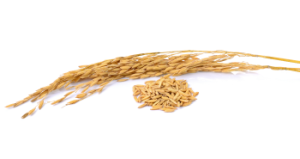
Rabi
- Chickpea
- Lentil
- Wheat
- Onion
- Pea
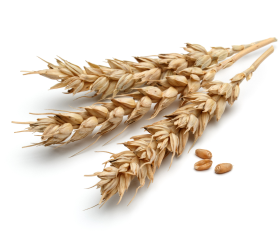
Statistics
NBF Supply Chain

NBF Supply Chain
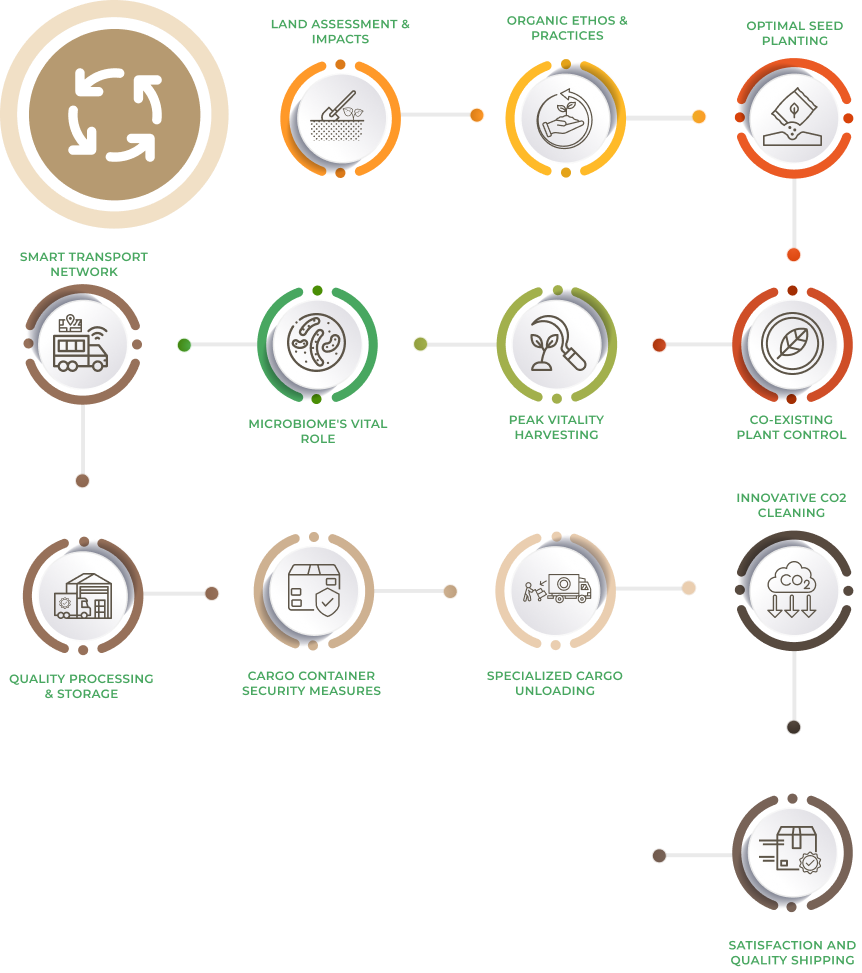
Transport Modes to Reach Ramnagar?
To reach Ramnagar, visitors have several transportation options available. The town is well-connected by road and rail.The transportation infrastructure in Ramnagar is reliable and efficient, making it easy for visitors to reach the town and explore its many attractions.

By Train
Visitors can take a train to Ramnagar Railway Station, which is well-connected to major cities in India. The station is located in the heart of the town and is easily accessible by auto-rickshaws and taxis.

By Road
One can travel to Ramnagar by road via buses or taxis from major cities like Delhi, Dehradun, and Haridwar. Inter State Bus Terminal from neighbouring states connects the Ramnagar town well, including capital Delhi.

By Air
The nearest airport to Ramnagar is Pantnagar Airport, which is approximately 80 kilometers away. From there, visitors can take a taxi or a bus to reach Ramnagar.

Places of Attraction in Ramangar
Ramnagar is a popular tourist destination in Uttarakhand, India, known for its natural beauty and cultural heritage. The three major places of attraction in Ramnagar:


Elevation
Ramnagar has an average elevation of approximately 345 meters (1,132 feet) above sea level.


River
The town is situated on the banks of the Kosi River and is surrounded by lush green forests and hills.


Soil
The soil is typically composed of a mix of sandy loam and clay, with some areas having a higher proportion of sand or clay depending on the local geology.
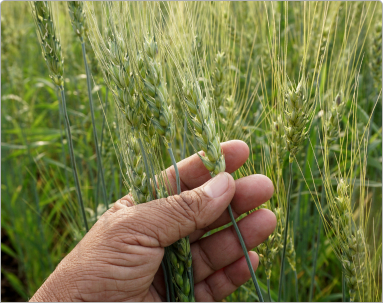

Crop
Some of the major crops grown in the region include Basmati rice, soybean, amaranth, finger millet, chili, chickpea, lentil, wheat, onion, and pea.
Sustainability Efforts
Economic
| Advanced Water Purification System for Educational Institutions |
2 |
|
| Transforming Classrooms: Digitized Learning Spaces |
5 |
|
Social
| Fostering Educational Partnerships: Village School Adoption Program |
5 |
|
| Students Holistic Development |
518 |
|
Environmental
| Illuminating Streets with Environment-Friendly Solar Lighting |
500 |
|
Our Impact

Impact of our Farmers
Farmers employ various methods to enhance soil fertility, such as crop rotation, cover cropping, reduced tillage, and application of compost. By reducing fuel-intensive tillage, less soil organic matter is lost to the atmosphere, leading to carbon sequestration. This reduces greenhouse gases and helps to reverse climate change. Moreover, reduced tillage can improve soil structure and decrease the possibility of soil erosion.

Difference our People are Making
Our organization uses several processes such as converting land from conventional management to organic management, managing the entire surrounding system to ensure biodiversity and sustainability, and crop production with the use of alternative sources of nutrients such as crop rotation, residue management, and organic manures. We provide complete biological inputs to our crops.
We also manage weeds and pests through better management practices, physical and cultural means, and our teams supervise and manage these activities. This approach makes us an integral contributor to the cause of sustainability.

Contribution by our Customers
Consumers are becoming increasingly aware of food safety and environmental issues, and their concern for their own health, the environment, and worldwide crises has risen exponentially. Organic agriculture has always been a production option followed by a few farmers worldwide, but now it has become the only option for many consumers. Simply by consuming organic produce, consumers are contributing to the overall health of the planet and creating an impact.








